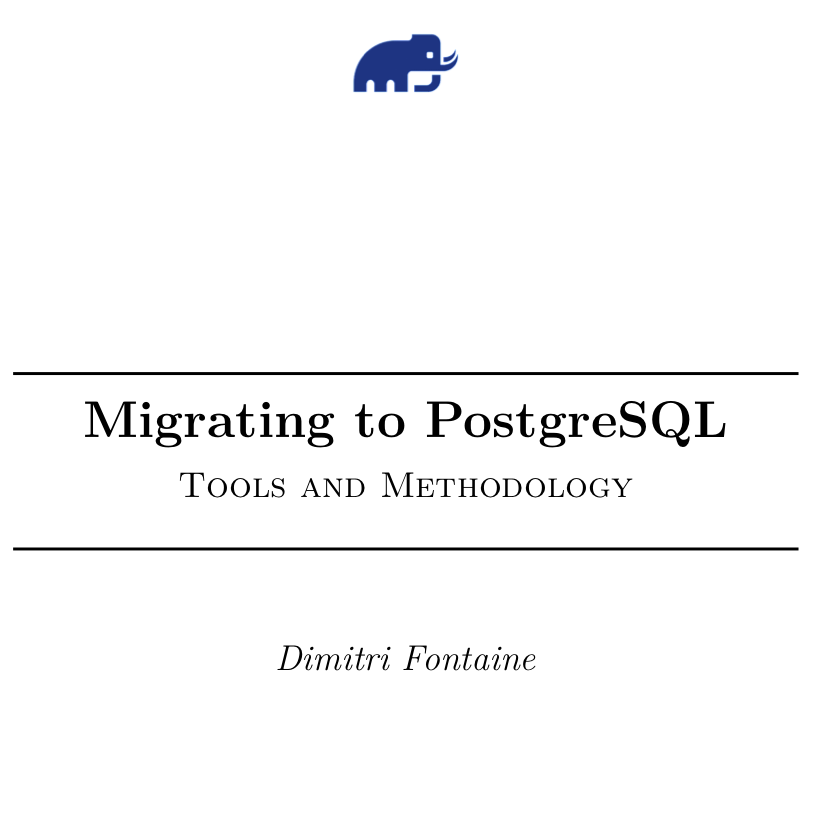In another article here, entitled on JSON and SQL, we saw in great details how to import a data set only available as a giant JSON file. Then we normalized the data set, so as to be able to write SQL and process our data. This approach is sometimes very useful and was a good way to learn some of the JSON functions provided by PostgreSQL.
In this article, we’re going to use SQL to export the data from our relational model into a JSON document. The trick that makes it complex in this example is that we have a recursive data model, with a notion of a parent row that exists in the same table as the current one. That’s a nice excuse to learn more about the SQL construct WITH RECURSIVE.



